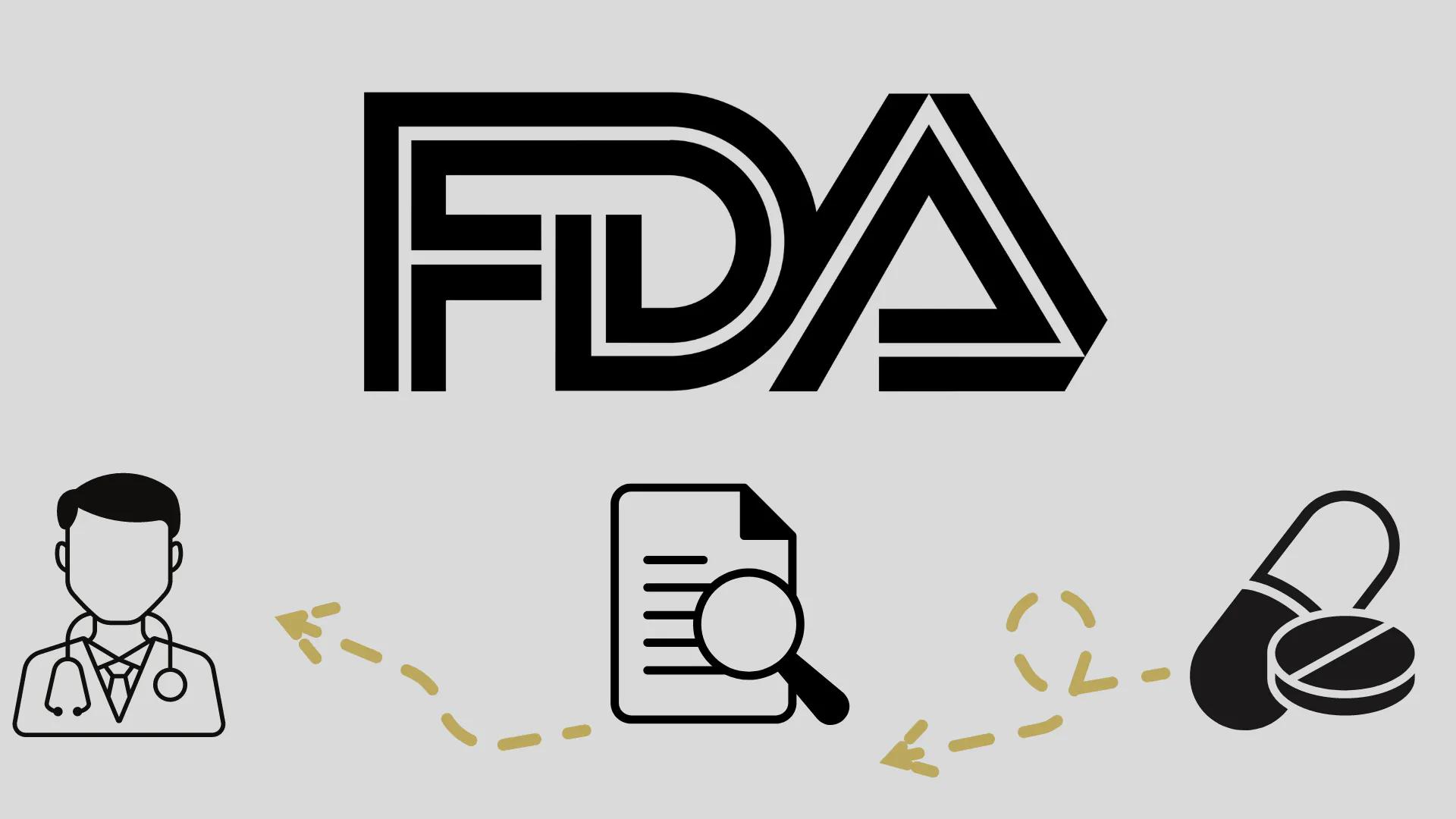
sNDA Submitted to the FDA for Erdafitinib in mUC

Promising overall survival findings from cohort 1 of the THOR study evaluating erdafitinib in locally advanced or metastatic urothelial cancer have pushed the agent’s developer to submit an sNDA seeking its full approval.
The FDA has received a supplemental new drug application (sNDA) seeking full approval of erdafitinib (Balversa) for the treatment of adult patients with locally advanced or metastatic urothelial carcinoma (mUC) with susceptible FGFR3 genetic alterations that has progressed during or after at least 1 line of a PD-1 or PD-L1 inhibitor in the locally advanced or metastatic setting or within 12 months of neoadjuvant or adjuvant therapy.1
Randomized data from cohort 1 of the phase 3 THOR study (NCT03390504) support the sNDA submission for erdafitinib. In the randomized, controlled, open-label, multicenter trial, investigators assessed the efficacy and safety of erdafitinib and determined that the primary end point of overall survival (OS) was met as patients treated with erdafitinib had a median OS of over 1 year at the prespecified interim analysis data cutoff.
Confirmatory data from cohort 1 showed there to be a 36% reduction in the risk of death in patients treated with erdafitinib compared with chemotherapy. The safety profile of erdafitinib in the THOR study was also consistent with what has been reported.
Additionally, an independent data safety monitoring committee recommended the study be stopped and that patients randomized to chemotherapy be offered the chance to crossover to receive since the interim results met the predefined criteria for superiority of erdafitinib vs chemotherapy.
“[Erdafitinib] continues to generate promising clinical findings for patients with FGFR-altered metastatic urothelial cancer, who often face poor disease outcomes,” said Peter Lebowitz, MD, PhD, global therapeutic area head, oncology, Janssen Research & Development, LLC., in a press release. “Through the ongoing development of this targeted therapy, we are committed to transforming bladder cancer treatment to positively impact the lives of patients.”
Erdafitinib is a once-daily, oral FGFR kinase inhibitor. Previously in 2018, erdafitinib received breakthrough therapy designation from the FDA and was ultimately granted accelerated approval in 2019 for the treatment of adults with locally advanced or mUC which has susceptible FGFR3 or FGFR2 genetic alterations and who have progressed during or following at least 1 line of prior platinum-containing chemotherapy, including within 12 months of neoadjuvant or adjuvant platinum-containing chemotherapy.
In the phase 3 THOR trial, the efficacy and safety of erdafitinib was evaluated in patients with metastatic or unresectable urothelial carcinoma who had selected FGFR genetic alterations and showed disease progression during or after 1-2 prior lines of treatment. Patients must meet appropriate molecular eligibility criteria, have an ECOG performance status of 0, 1, or 2, and adequate bone marrow, liver, and renal function to be included in the study.2
Two cohorts were evaluated in the study, including erdafitinib vs standard of care chemotherapy of either docetaxel or vinflunine after at least 1 line of treatment including an anti-PD-(L)1 agent (cohort 1), or erdafitinib vs pembrolizumab (Keytruda) after 1 prior treatment not containing an anti-PD-(L)1 agent (cohort 2).1
Screening, a treatment phase, and a post-treatment follow-up will be utilized in the study. Additionally, a long-term extension period is planned once the cutoff date is achieved for the final analysis in each cohort for patients who continue to benefit from the study intervention.
Investigators are evaluating the primary end point of OS, and secondary end points of progression-free survival, objective response rate, duration of response, patient-reported outcomes, safety, and pharmacokinetics.
Findings from cohort 2 of the study are expected to be presented at an upcoming medical meeting.



















